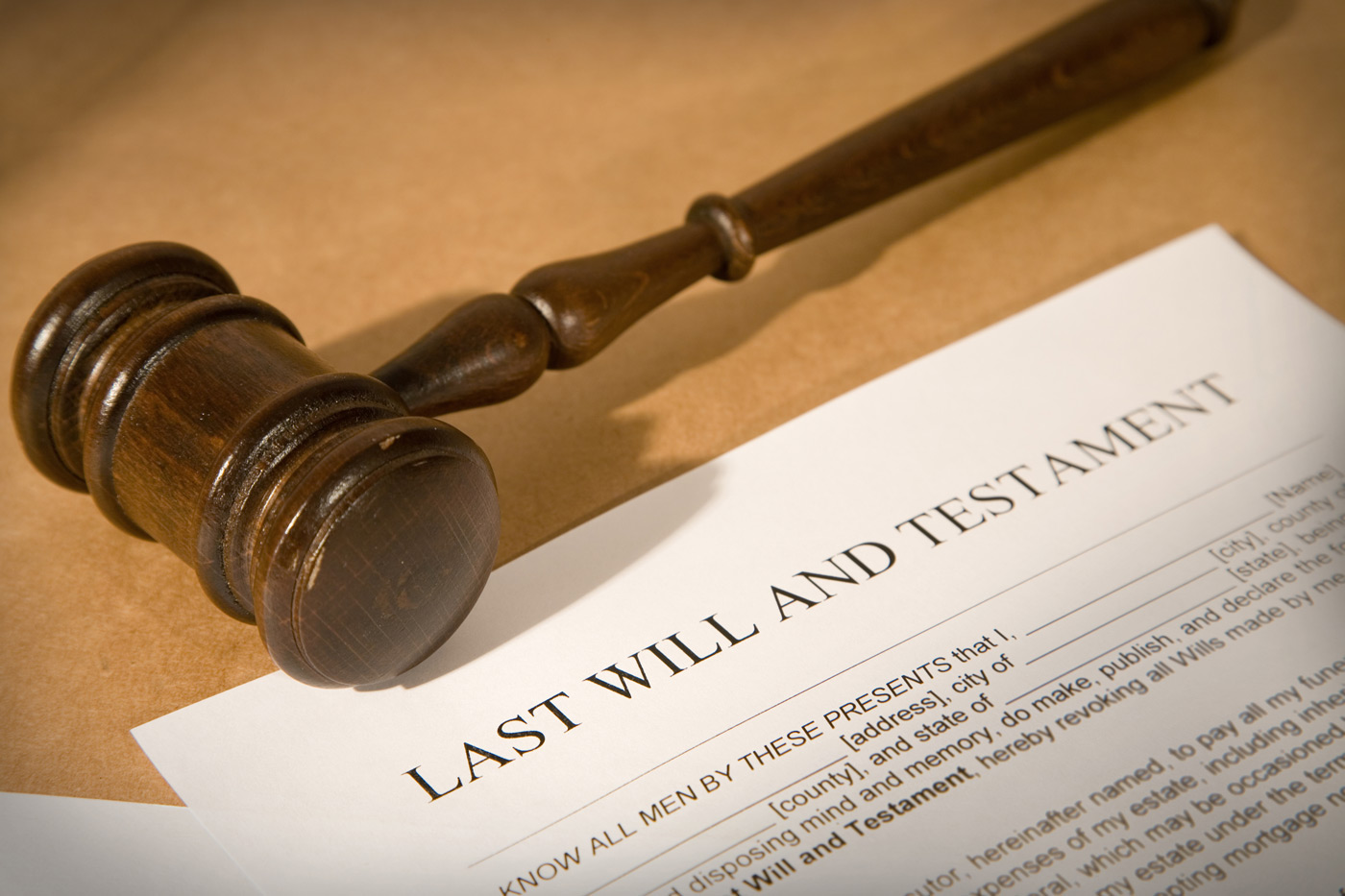Subscribe
Although we may not like to think about it, no one lives forever, and when your time comes, it’s important to have your affairs in order with a Will. By creating a Will, you can determine where your assets go after your death, ensure your relatives and next of kin are taken care of, and leave instructions for your funeral and burial, among other matters. So, do you need a lawyer to write a Will? Read on to learn what is required in a Will and how our lawyers’ services can help.
Do You Need a Lawyer to Write a Will?
A Wills and Estates lawyer will help you with the practicalities of writing your Will and the distribution of your Estate when you pass away. They will also help by assisting executors on all matters relating to the administration of an Estate. If you are looking at hiring a Wills and Estates lawyer, there are a few things that you need to consider.
While you can write your Will entirely on your own, it is recommended that you have a lawyer look over it and sign off on it to ensure that your wishes are set out in a way which is legally sound. The amount of assistance you’ll need from your Wills and Estates lawyer will depend on various factors. These include:
- Complexity of your assets and financial situation
If the division of your assets is relatively straightforward, you probably won’t need too much involvement from a Wills and Estates lawyer. However, if there are complexities to your asset division or financial situation, such as debt, then a Wills and Estates lawyer will be hugely helpful.
- Potential for disputes among beneficiaries
If family members feel they are being excluded or inadequately provided for under the Will, they may have grounds to contest the Will. If there is a chance that your beneficiaries or next of kin might feel that they are treated unfairly in the Will, then it is a good idea to employ a Wills and Estates lawyer to give you advice.
How to Write Your Will
A Will must have a few different things to be legal. It must be:
- In writing
- Signed by the Will-maker
- Witnessed by two people who are not a beneficiary or a spouse of the Will-maker.
Determine Your Assets and Beneficiaries
Creating a comprehensive list of all your assets, including property, stocks, bank accounts, and other investments, is a good starting point for drafting your Will. You’ll also need a list of all your beneficiaries, including their names, addresses, and relationship with you.
Decide on an Executor and Guardians for Minor Children
The executor of your Will ensures that your assets and affairs are sorted according to your wishes. They will take on a lot of responsibility, so be sure to choose someone you trust. At this stage, you will need to name guardians to manage the financial affairs of any minor children who benefit from your Estate.
Choose a Method for Writing Your Will (DIY or Hiring a Lawyer)
At this point, you must choose whether to employ a Wills and Estates lawyer. Regardless of your choice, it is highly recommended that you have a lawyer look over the final Will to ensure everything is in order.
Write and Sign Your Will
At this point, you write up your Will, sign it yourself, and make sure it is witnessed by and signed by two witnesses.
Store Your Will in a Safe Place
If you employ a Wills and Estates lawyer, they will keep a copy of your Will in safe keeping. It’s still a good idea to keep a physical copy of your Will somewhere secure, such as a safe or lockable filing cabinet.
Ready to Write Your Will?
Regardless of your assets, a Will is important to have. Anyone over the age of 18 is eligible to create a Will, and we recommend doing it as soon as possible. If you need assistance with the legalities surrounding Wills and Estates, marshalls+dent+wilmoth can help. Our law firm in Melbourne has years of experience in all areas of estate law, from preparing a Will to administering Estates. Get in touch today to find out how we can help you.
Subscribe




